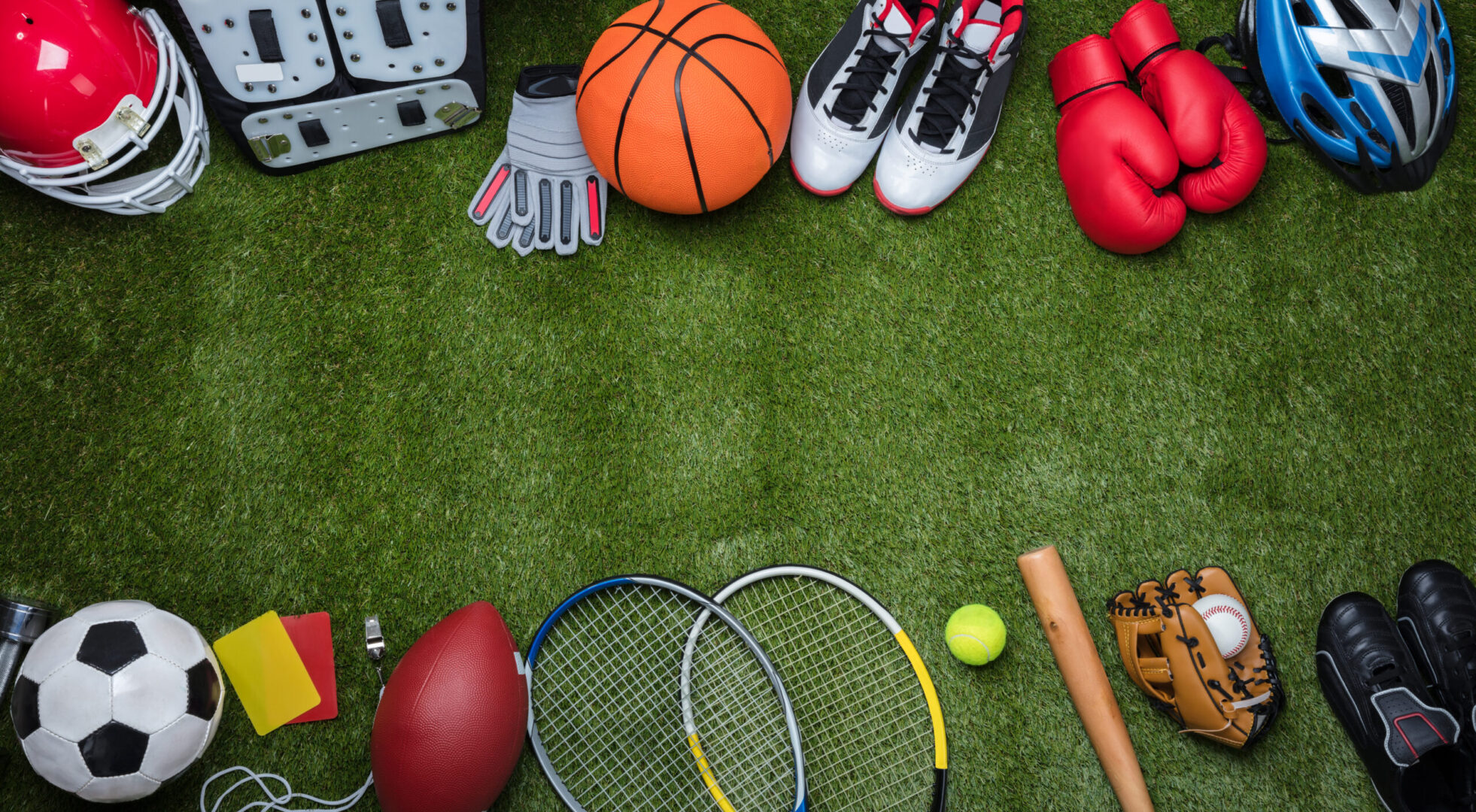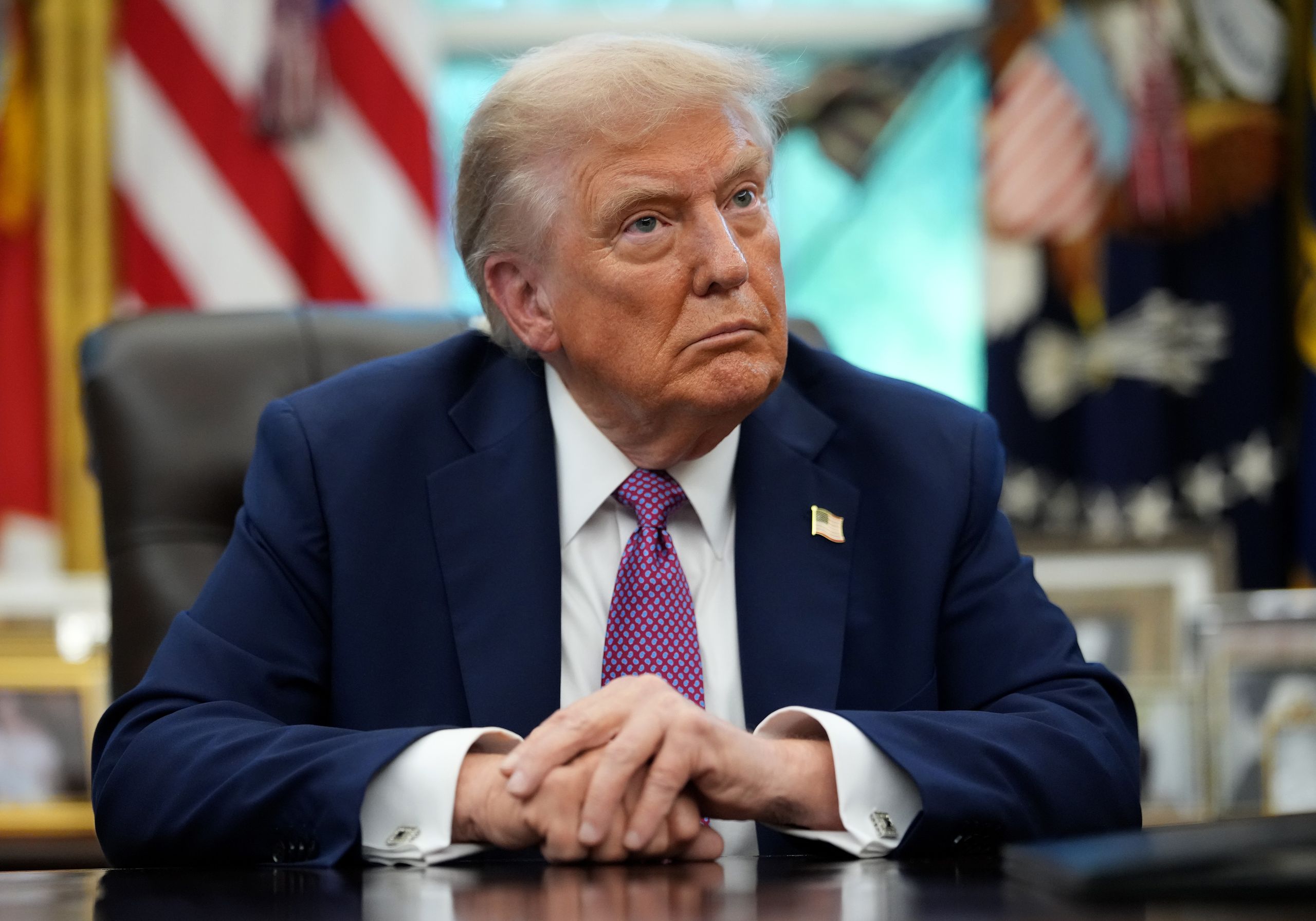Olympians, Sports Legends, and Role Models: The Success of Athletes with ADHD

Elite athletes from sports such as baseball, basketball, judo, and gymnastics have been known to have attention deficit hyperactivity disorder (ADHD). Many have excelled in their respective sports, despite their condition.
Studies have suggested that ADHD may be more prevalent among elite athletes than it is in the general population, with up to 8% of athletes having ADHD compared to 2% to 7% of the broader population.
All the athletes mentioned in this article have ADHD which was diagnosed either during their childhood, while they were actively involved in their careers or several years after retiring. Some credit their ADHD for giving them an advantage, while others credit sports for providing a constructive way to deal with their symptoms. The question is, who else deserves to be on this list?
The American gymnast, Simone Biles, who has won 32 World Championship medals and seven Olympic medals making her the most decorated American gymnast, was given the Presidential Medal of Freedom in 2022, making her the youngest recipient of the nation's highest civilian honor. In 2016, Biles revealed her ADHD diagnosis after Russian hackers leaked confidential medical information about her using Ritalin. She declared via a tweet that she is not ashamed of having ADHD and using medication for its treatment.
Zach Wilson, a college footballer, was diagnosed with ADHD as a child. Despite symptoms like distractibility and inattention, he claimed they have never restricted his fondness for and concentration on football. He explained that he finds it difficult to focus due to his condition but he can still intensely concentrate on football. Interestingly, Wilson is related to David Neeleman, the founder of JetBlue Airways who is also outspoken about his ADHD.
Being the holder of 28 Olympic medals, Michael Phelps is the most decorated Olympian of all time. Phelps has been living with ADHD since his childhood when he was diagnosed. He recalls that he was always high on energy and his family and coaches knew this. Engaging in sports was one way Phelps found to deal with his excessive energy.
Terry Bradshaw, a legendary NFL player, was diagnosed with ADHD only after his playing career came to end in the '80s. Bradshaw narrates his life struggles due to having ADHD in his 2001 book, It’s Only a Game. He expresses his regret for not getting tested for ADHD during his childhood which affected his academic potential. For Bradshaw, football provided answers to his struggles.
Kevin Garnett who has to his credit 21 seasons in the NBA, played for the Minnesota Timberwolves, the Boston Celtics, and the Brooklyn Nets. He retired from professional basketball in 2016 and became a part of the NBA Hall of Fame in 2020. Garnett discusses his ADHD and dyslexia in his memoir, KG: A to Z. He was diagnosed quite late in his career. He shares that he always found reading difficult and focusing even more challenging.
Michelle Carter, a three-time Olympian, achieved a significant feat in 2016 when she became the first-ever female Olympic shot put champion from the United States. Carter who was diagnosed with ADHD and dyslexia in her childhood, announced her retirement from competitive athletics in 2022 but vowed to continue her association with track and field. Carter also operates a sports confidence camp for girls called You Throw Girl.
In her third marathon event, Molly Seidel took home the bronze at the 2021 Tokyo Olympics. Later that same year, Seidel set a new record in the New York City Marathon as the fastest American woman.
In 2022, Seidel was diagnosed with ADHD, a condition she revealed after seeking aid for mental health struggles. Describing the diagnosis as "life-changing," she shared her feelings on an Instagram post, saying it enabled her to experience the peace and functionality in her daily life that was reachable to her only previously through intense exercise.
Seidel also disclosed her intentions to obtain a therapeutic use exemption from the World Anti-Doping Agency. This would allow her to continue competing under the effects of Adderall, a well-known ADHD medication.
Justin Gatlin, a distinguished sprinter with five Olympic medals to his name, retired early 2022. Gatlin revealed he had used medicine to manage his ADHD for several years. The discovery of an amphetamine in a drug test led to a brief suspension in his early career, after which he decided to stop using ADHD medication.
Gatlin spoke to The Independent in 2019, sharing his struggle with ADHD during training, but also how it provided a unique burst of energy when it came to crucial finals. He mentioned feeling at ease amidst the overwhelming stimuli on the track.
A professional basketball player for both the Phoenix Mercury and Russia's UMMC Ekaterinburg, Brittney Griner is also an eight-time WNBA All-Star with two Olympic gold medals under her belt.
While en route to join the Russian team in February 2022, Griner was arrested in a Russian airport for allegedly bringing hashish oil into the country via vape cartridges. Since then, she has remained in Russia and was sentenced to nine years in prison for drug smuggling in August 2022.
During her trial, which drew international attention, Griner's diagnosis of ADHD was discussed. The Russian team's doctor cited Griner's ADHD diagnosis as a factor contributing to the lack of attention in packing, which led to the cannabis oil accidently being brought into the country. So far, Griner has neither confirmed nor denied this information.
Another Olympic athlete, Chris Mazdzer, won silver in men's single luge at the 2018 Winter Olympics. A four-time Olympian, Mazdzer was diagnosed with ADHD as a child and claims that luge helps him control his symptoms. In an NBC interview, he described the sport as his sort of medicine.
Captain of the U.S. women's hockey team, Cammi Granato, led her team to gold at the 1998 Winter Olympics in Nagano, Japan. She was diagnosed with ADHD as an adult after being educated about the condition by a sports psychologist. Despite the challenges the disorder presents, she sees it as a part of her identity.
Professional athlete, Andres Torres, spent ten years on minor league teams before making advancements in his career when he started treating his ADHD. This treatment started five years after his initial diagnosis.
Torres reported a significant change in his game post medication in an interview with The New York Times. A few years after beginning the treatment, he joined the San Francisco Giants and won his first World Series ring with them in 2010.
Acclaimed gymnast, Louis Smith won both silver and bronze medals in pommel horse at three separate Olympic Games and numerous world and European championships. At age seven, Smith was diagnosed with ADHD. He claims gymnastics has been instrumental in managing his symptoms. He talked about the beneficial impact of the sport on channeling his ADHD throughout his childhood in his retirement message.
Nicola Adams became the first-ever Olympic gold medalist in women’s boxing at the London 2012 Olympics Games. She went on to win gold again in 2016 at the Rio Games. After claiming multiple boxing titles in her professional career, including the World Boxing Organization Female Flyweight championship in 2018, Adams announced her retirement in 2019.
Adams was diagnosed with ADHD when she was 15 years old. “I think it’s helped my training,” she told The Guardian in a 2017 interview. “I never get tired. I’ve always got energy. It helps with my shots. I’m always trying new things.”
Ashley McKenzie has represented Great Britain in judo in three Olympic Games and in multiple World and European Championships. In 2022, he won gold in the Birmingham Commonwealth Games. Apart from his professional judo career, McKenzie is also known for his appearances on reality TV shows like Celebrity Big Brother (UK).
McKenzie was diagnosed with ADHD as a child, and credits judo for helping him overcome behavioral and emotional challenges. “The constant need for discipline keeps my ADHD in check,” he said in an interview with The Mirror.
Scott Eyre played for five MLB teams, including the Philadelphia Phillies 2008 World Series champion team, during his 13-season career.
Erye was diagnosed a few years after the start of his professional career, when symptoms like hyperactivity and inattention started to interfere with his game. Medication helped him focus while out on the field. “I can think about a pitch and also cover first base now,” Eyre said in an ADDitude interview. “I can stand on the mound and not hear the 40,000 people screaming.”
SUPPORT ADDITUDE Thank you for reading ADDitude. To support our mission of providing ADHD education and support, please consider subscribing. Your readership and support help make our content and outreach possible. Thank you.




